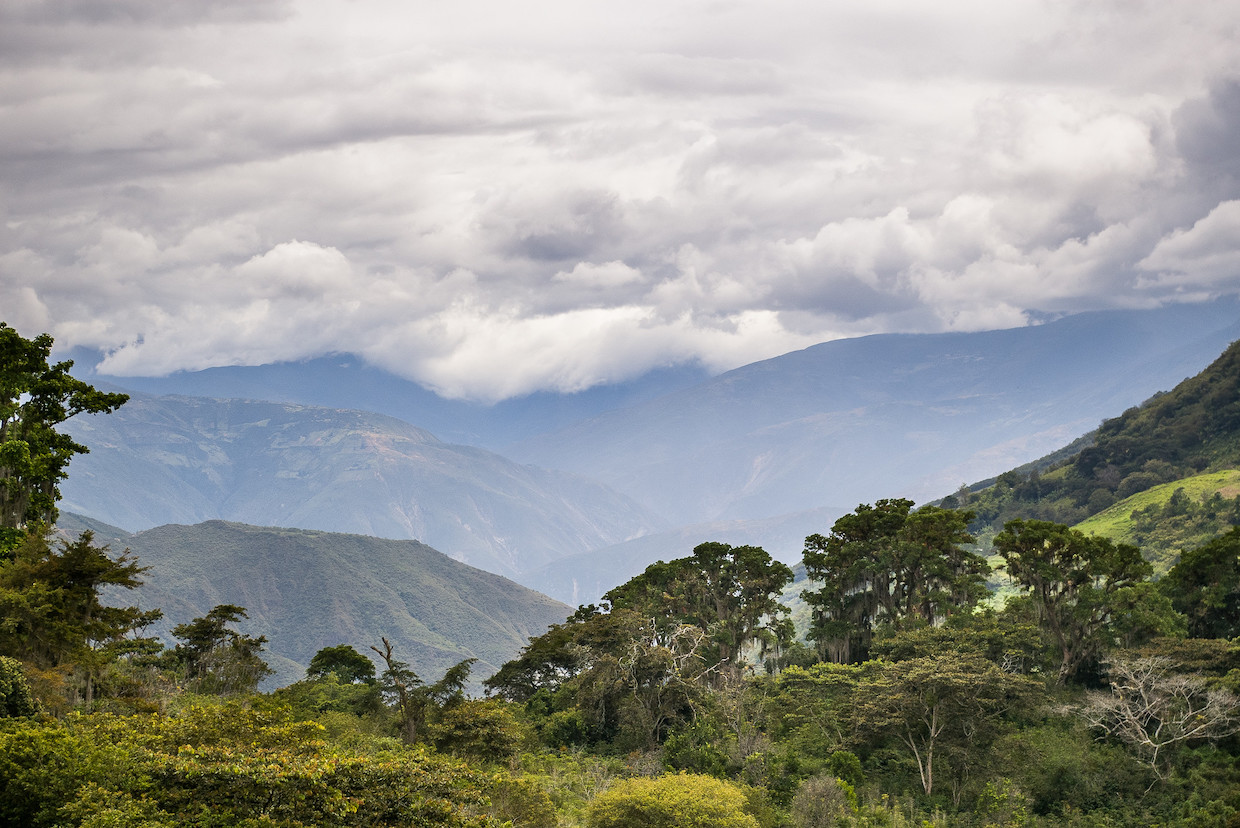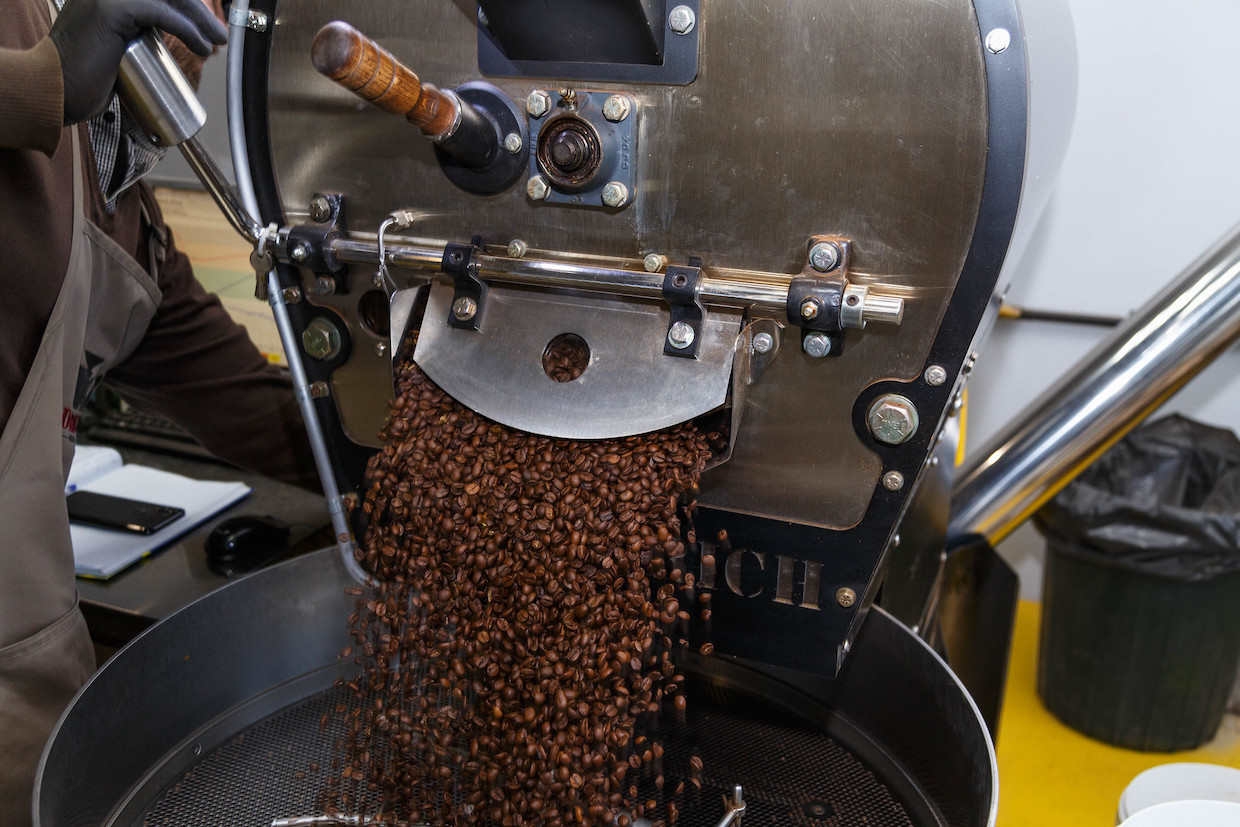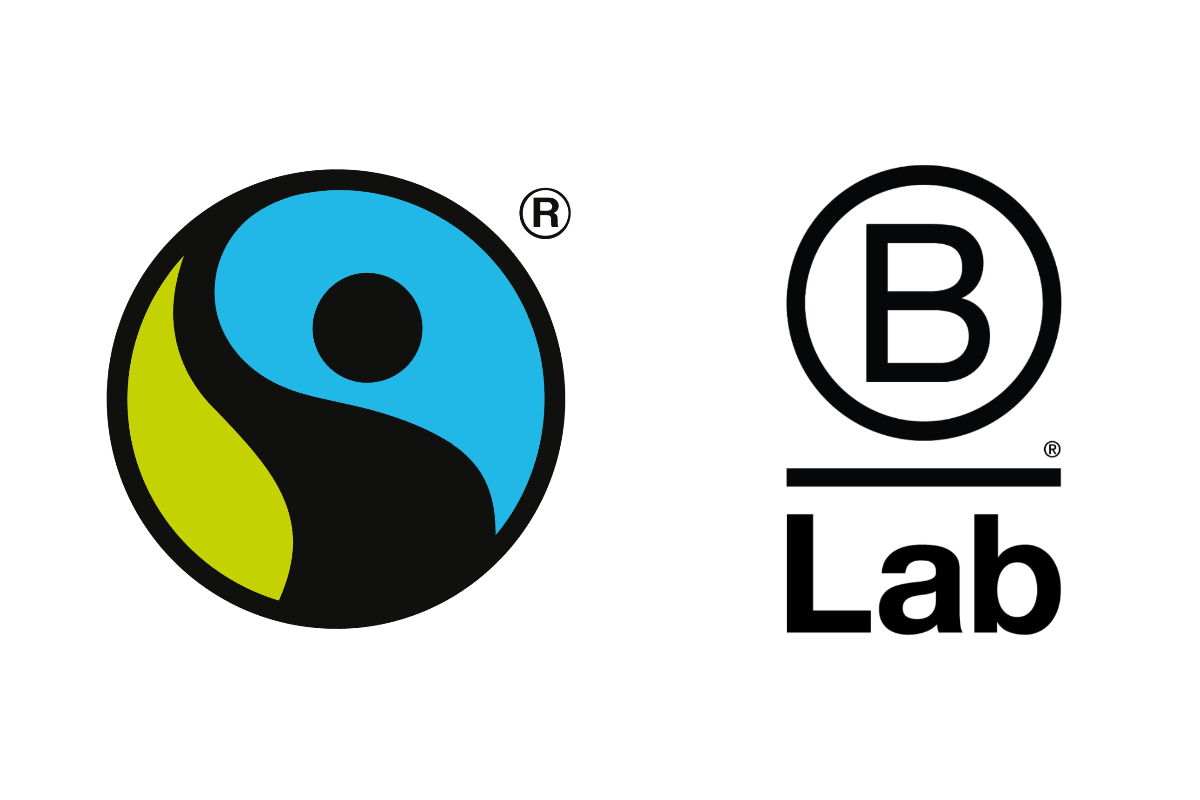In an ocean of soul-killing, empty-sounding corporate sustainability jargon, “supply chain due diligence” is among the deepest dwellers.
Yet as more businesses become concerned with how their own purchasing decisions may be contributing to human rights or environmental abuses, the nonprofits Fairtrade International and B Corp overseer B Lab are helping to dredge the concept of due diligence from its murky corporate depths and into the light for small businesses.
The groups have jointly released “People and Planet in Business,” a free guide designed to engage small and “micro” companies in due diligence, which might be loosely defined as supply chain research for the sake of identifying legal or reputational risks and/or improving business operations towards sustainable or ethical goals.
“We hope that due diligence will soon be regarded as an essential aspect of business operations, much like food safety standards are today,” Maija Lumme, business development manager at Fairtrade’s Centre of Excellence for HREDD, said in a recent announcement from the group. “Just as people expect companies to take responsibility for the safety of their food products, regardless of where the company sources its ingredients, we believe that respect for human rights and the environment, throughout value chains, should become the norm for all companies.”

“View from the coffee farm” by MatkirschPhoto is licensed under CC BY-SA 2.0.
Fairtrade and B Lab said the new document is designed in part to “demystify” the due diligence landscape. It also comes as due diligence is increasingly becoming the stuff of legislation in the United States, Europe and beyond. Just last week, the German Coffee Association introduced a “grievance mechanism” designed to promote due diligence among coffee companies employing 1,000 people or more.
The “People and Planet in Business” guide follows the release of the three Fairtrade publications offering guidance to farmer cooperatives, large farms with a hired workforce, and traders who buy directly from farmer cooperatives and large farms. The series supports all actors in global value chains to find orientation and practical advice for collaborating on their due diligence journeys.

“Unloading roasted coffee from the coffee roaster machine” by wuestenigel is licensed under CC BY 2.0.
“The responsibility to address harms is shared between all parties in a value chain,” Fairtrade Business and Human Rights Director Tytti Nahi said in last week’s announcement. “Our series of guides highlight that the costs of due diligence must be shared too, not cascaded on farmers at the beginning of global supply chains. This means that all companies, even the small ones, can play an important part in reducing adverse impacts on people, climate, and the environment.”
Does your coffee business have news to share? Let DCN’s editors know here.







Comment